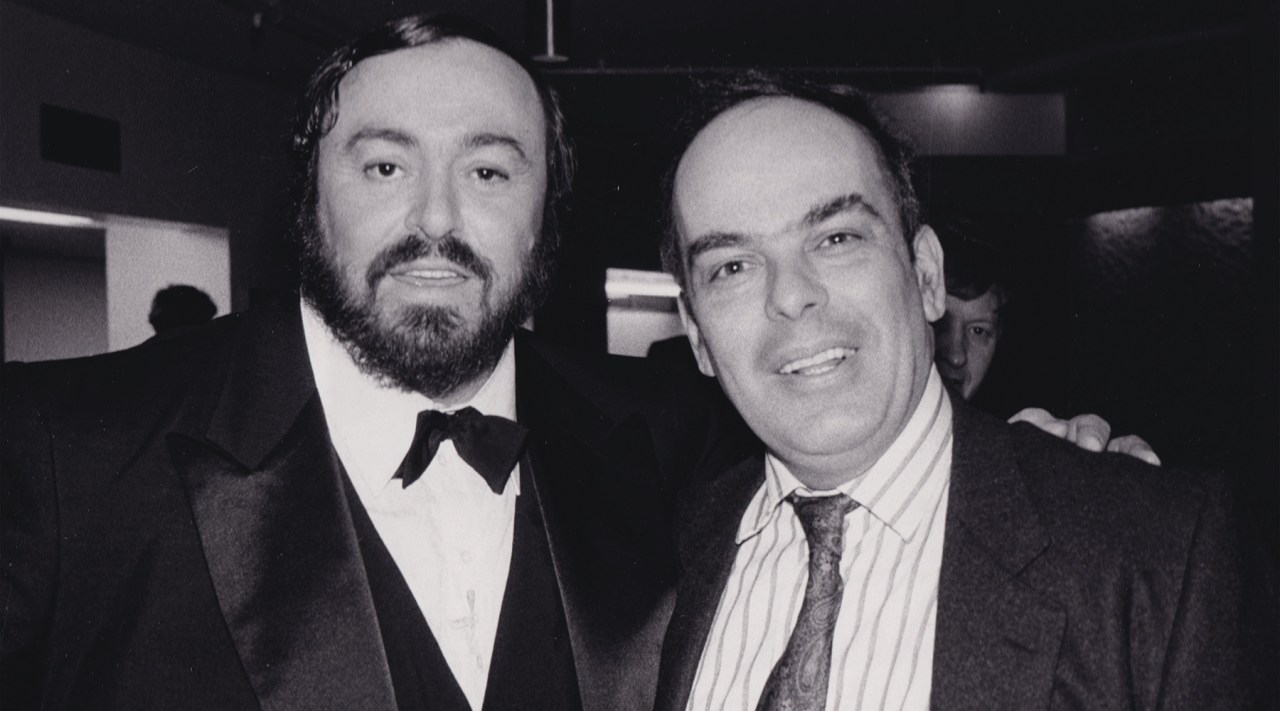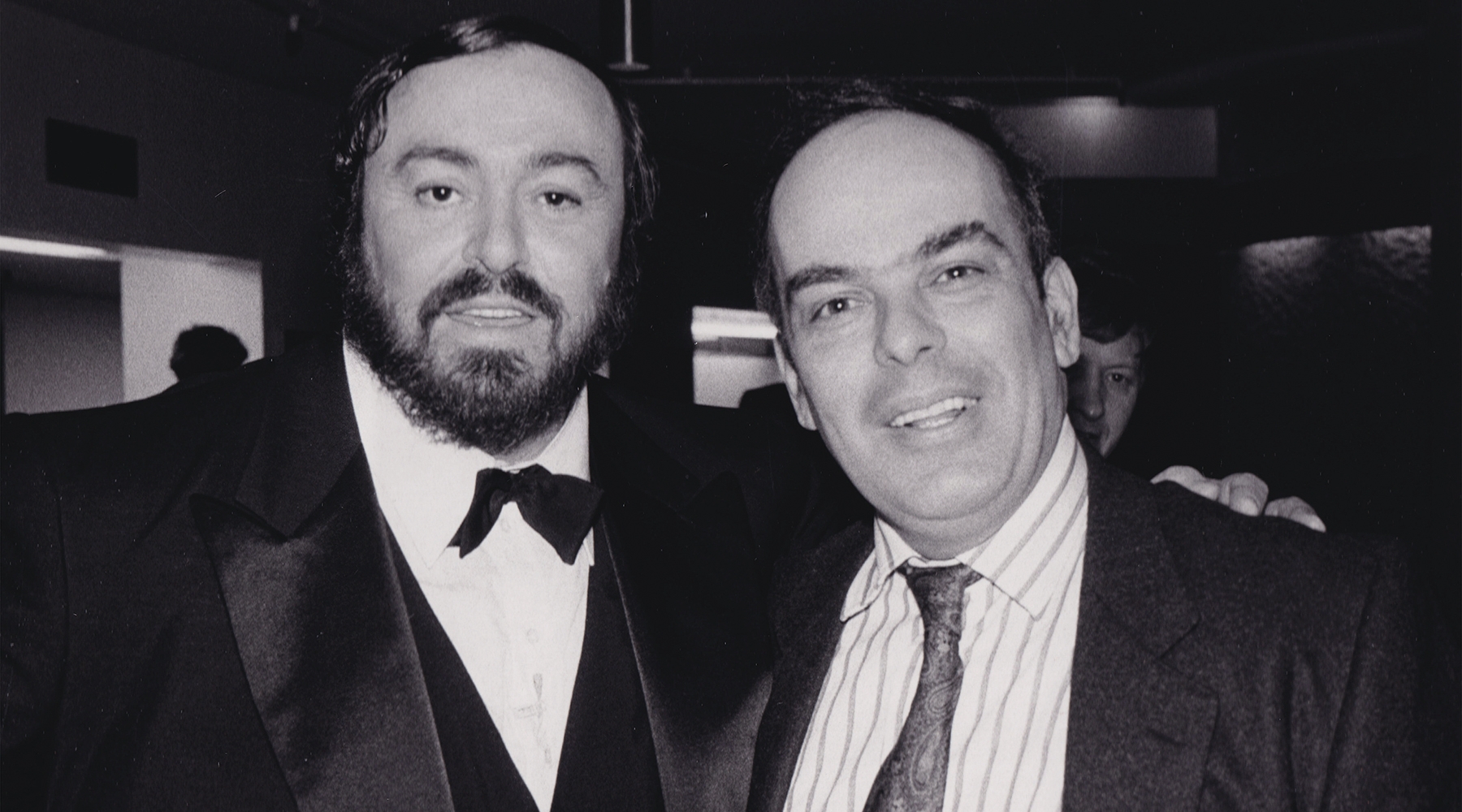When Raymond Gubbay left school, he was articled to an accountant’s firm. Fascinated by opera and depressed at the prospect of life as a Golders Green beancounter, he wriggled out of it in a matter of months, and into an assistant’s job at Pathé Newsreels. Sensing that newsreels had a looming expiry date, he asked Arnold Wesker (a family friend) to wangle him an interview with Victor Hochhauser, Britain’s leading promoter of mass-market classical concerts. Hochhauser sat behind a desk in his office above a fridge shop in Kensington and asked the 17-year-old Raymond three questions. Where did you go to school? Are you a Jewish boy? And can you start on Monday?
Six decades later, even three questions feel unnecessary. Raymond Gubbay is a brand; classical music’s equivalent of easyJet or Toby Carvery. You’ll have seen the newspaper ads and the Tube posters. ‘Four Seasons by Candlelight’. ‘Madame Butterfly at the Royal Albert Hall’. 1812 Overture — with cannon and laser effects! Gubbay’s ‘Spectaculars’ are probably the most popular classical concerts in the UK, and no critic will touch them. Tell an orchestra that they’ve been booked for ‘a Gubbay’ and 80 pairs of eyes will roll upwards in unison. But as a veteran tenor once reminded me, backstage at the Sheffield Arena as he waited to sing his fifth ‘Nessun dorma’ that week to a crowd of 12,000, Raymond Gubbay is possibly the only major promoter in Britain who has consistently made money out of classical music.
‘That gives me a certain amount of pride,’ says Gubbay. Turns out he’s real and not, as I’d once assumed, the musical equivalent of Cillit Bang’s Barry Scott. No, he’s very real, and having stepped down from his empire in 2016, he’s written his memoirs. Time to come straight out with the big question: the one that has defeated the most highly qualified (and remunerated) minds in the UK arts scene.








Comments
Join the debate for just £1 a month
Be part of the conversation with other Spectator readers by getting your first three months for £3.
UNLOCK ACCESS Just £1 a monthAlready a subscriber? Log in